Call for Abstracts, Sex as a Biological Variable Workshop
Category : Student Opportunities
The Specialized Center of Research Excellence on Sex Differences at Emory University (Emory SCORE) is now accepting abstract submissions for our 3rd annual SABV Workshop.
One Basic/Pre-clinical research abstract and one Clinical/Public Health research abstract will be selected for oral presentations during the workshop.
All accepted abstracts, except those giving oral presentations, will be invited to present in a Rapid Fire Poster Session during the Workshop.
Abstracts should describe research that is focused on one of the areas below:
- Sex as a Biological Variable
- Sex / Gender Differences
- Gender-based Health Disparities
- Women’s Health Research
Submitted abstracts may be recycled from previous presentations if those conferences / presentations were held on or after December 1, 2021.
Abstract Guidelines: Abstract content should not exceed 400 words. Please use the attached template to format your abstract for submission (see next page).
Important Dates:
- 10/24/22: Abstract submission deadline
- 11/7/22: Abstract acceptance notifications
- 11/7/22: Oral abstract decision notification
Information, Registration, & Abstract Submission Portal: bit.ly/SABV-2022
Questions: Please email Dr. Shannon Walker at shannon [dot] walker [at] emory [dot] edu
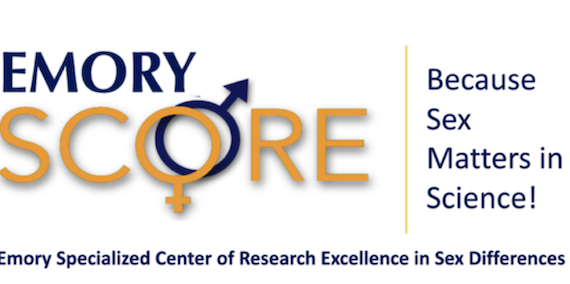
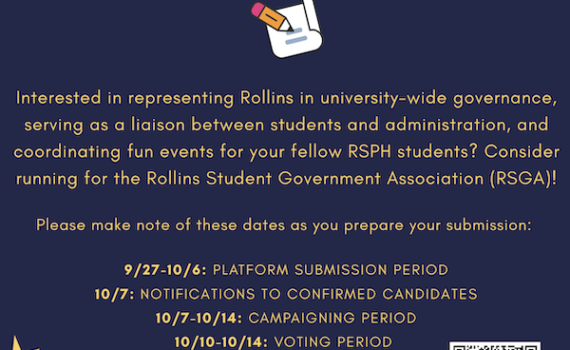
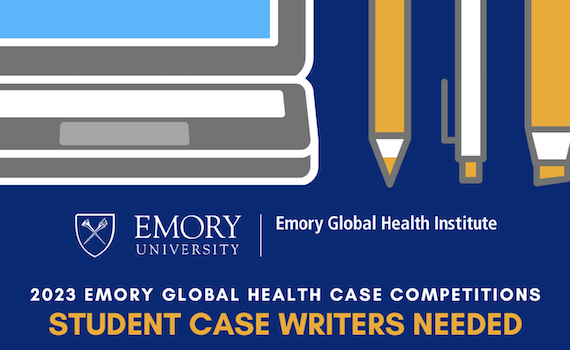
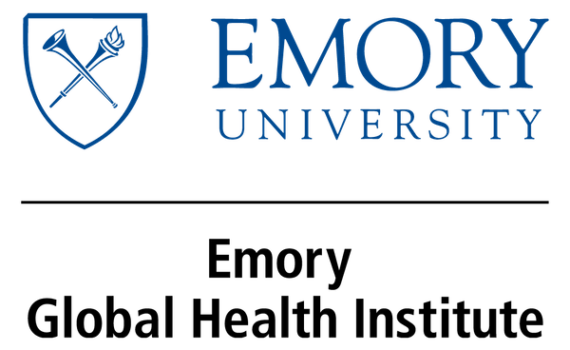
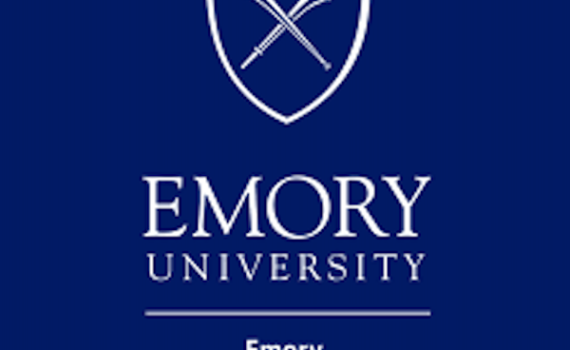

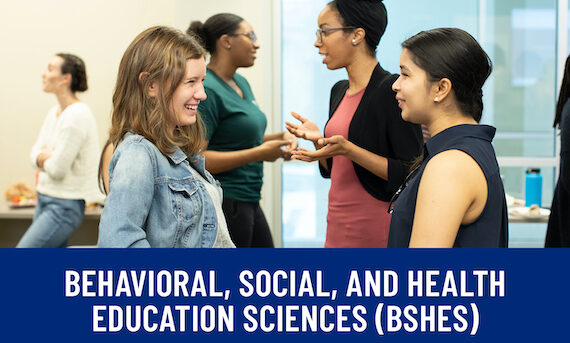

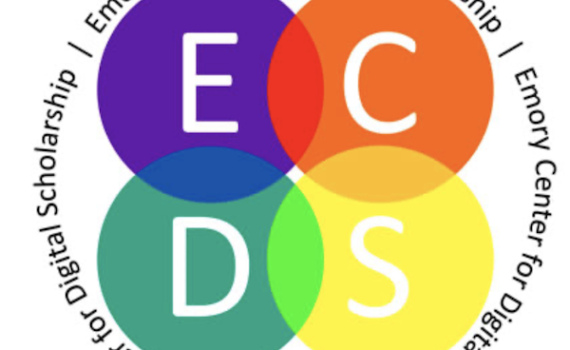
Recent Comments